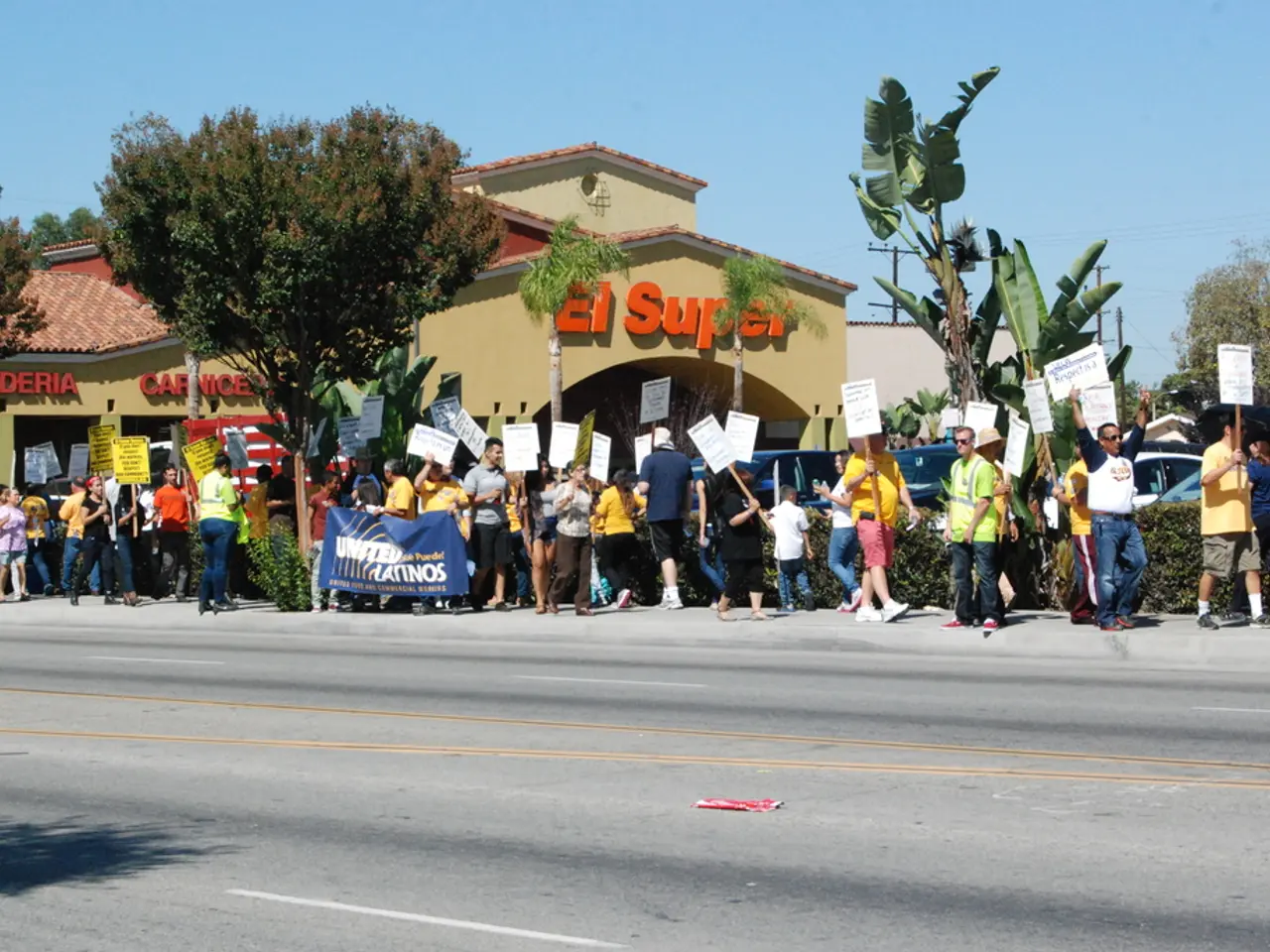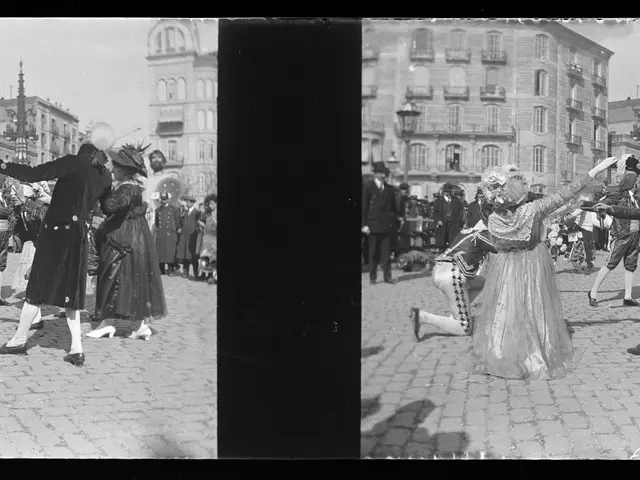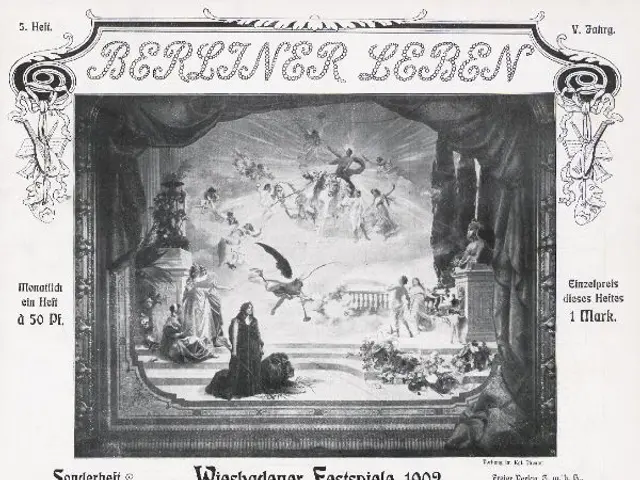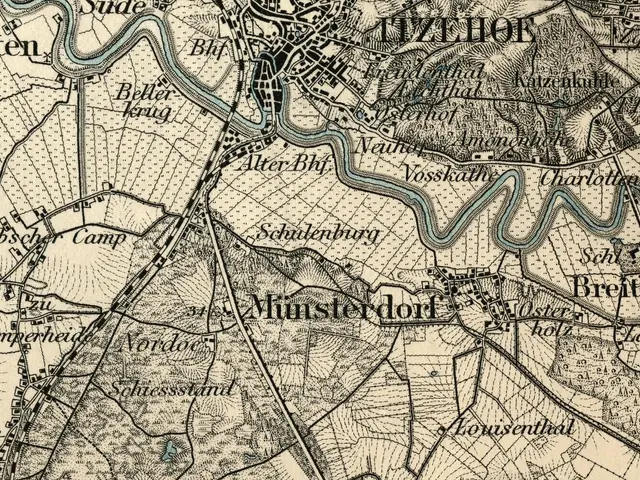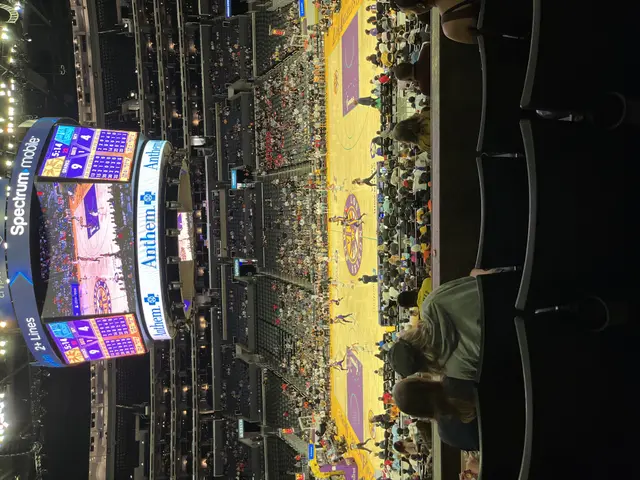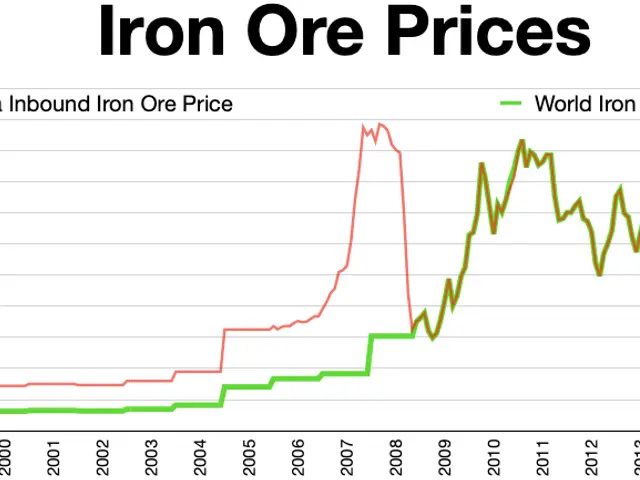Political campaigns are molding due to the influence of social media platforms
Social media has revolutionized the political landscape, becoming an integral part of modern political campaigns. Platforms such as Facebook, Twitter, Instagram, and YouTube have emerged as essential tools for political candidates to communicate their message and reach their target audience.
One of the key advantages of social media is the personal connection it provides for politicos and their constituents. It offers a glimpse into the candidate's personal life, views, and opinions, fostering a sense of transparency and accessibility. This direct communication allows candidates to target their message to specific demographics, driving greater engagement and leading to a more informed electorate.
The influence of social media on political campaigns from 2010 to 2020 has been significant. It has mainly contributed to increasing voter engagement, targeting specific demographics with personalized content, and amplifying both positive messaging and misinformation. Social media has the power to reach millions of people instantaneously, making it a crucial tool for candidates to connect with voters and get their message across.
However, the use of social media in political campaigns is not without its risks. The rapid spread of unverified content can harm the democratic process, as misinformation can spread rapidly. Proper use of social media can drive greater engagement and lead to a more informed electorate, but unchecked misinformation presents a risk.
Facebook, in particular, has revolutionized political campaigning, influencing voter behavior and political outcomes. Its advertising capabilities allow politicos to micro-target specific groups of users based on demographic, geographic, and behavioral data. This level of precision in targeting can be both a boon and a bane, as it allows for the delivery of personalized content to voters, but also opens the door to the spread of targeted misinformation.
Political communication has evolved from a one-way conversation between parties and voters to a multilateral and decentralized exchange on social media platforms. This change allows voters to give feedback quickly, offering politicos a way to address concerns and improve their political strategies.
The 2016 United States presidential election saw the significant influence of social media, with President Donald Trump's use of Twitter playing a role in his campaign's success. This election highlighted the potential of social media to shape political outcomes and underscored the need for responsible use of these platforms in political campaigns.
As social media continues to evolve, it is expected to have a tremendous impact on political campaigns in the future. Digital Democracy is a trend transforming political campaigns and elections, with social media platforms becoming essential tools for political candidates to reach, engage, and mobilize voters. This transformation has the potential to increase civic engagement and participation in the electoral process, mobilizing people supporting causes and generating a sense of community among supporters.
However, the risk of misinformation remains a concern. As political candidates continue to leverage social media for their campaigns, it is crucial to promote digital literacy and encourage the verification of information before sharing it. This will help ensure that social media continues to be a force for good in the political sphere, fostering informed and active citizens.
Read also:
- Late-night host Lawrence O'Donnell responds to Jimmy Kimmel's departure with a discussion on a subject "Donald Trump doesn't wish us to examine"
- EU Member States cast their decisions
- Eighteen-Year-Old Speaks Out Against Lowering Voting Age to Sixteen
- King Charles's body language analyst dissects signs of apparent 'impatience' exhibited by Charles towards Trump
